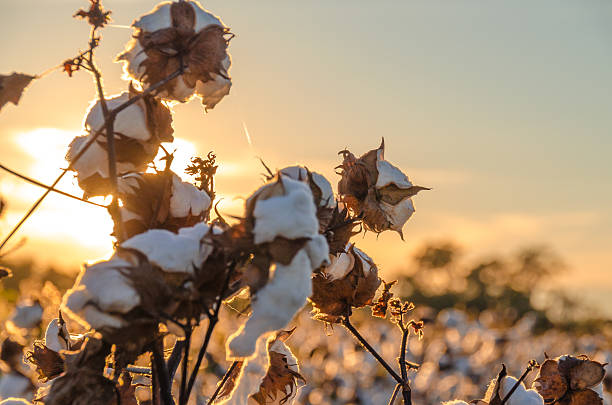Extra-long staple cotton, a specialty crop with strong demand in the textile sector, was given a huge boost by the host of initiatives Finance Minister Nirmala Sitharaman announced for increased productivity and improved rewards to farmers. “We will use public-private partnerships (PPP) to adopt a cluster-based and value chain approach to increase the productivity of extra-long staple cotton,” she declared.
For input supply, extension services, and market connections, she noted, “this will require cooperation between farmers, the State governments, and industry.”Trade analysts claim that India only produces approximately 5 lakh of the 20 lakh bales (each weighing 170 kg) needed for ELS cotton, leaving the industry dependent on imports from Egypt and the US to supply the demand for this premium fiber.
Extra-long cotton, or ELS, is used in sewing threads, upscale textiles, and loom yarns. India is a significant cotton producer, however, it produces less ELS cotton than it could, thus it must rely on imports. The government has long been requested by the textile sector to expand the supply of ELS cotton to reduce the price of textile manufacturing. To support the sector, which has been burdened with low returns and declining yields, the industry, however, expected considerably more from the government.
“We wanted the government to announce initiatives to support research that will significantly advance ELS varieties. Ram Kaundinya, director general of the Federation of Seed Industry of India, said, “We will, however, wait for the finer specifics of the declaration made in the Budget. ELS cotton, which is a member of the Barbadens species, has a problem in that it is a long-term crop. Yields are low and Pink Bollworm attacks are frequent. As a result, farmers prefer not to plant it. The National Seed Association of India’s (NSAI) President, M Prabhakara Rao, applauded the decision and noted that ELS cotton had enormous potential in India.

